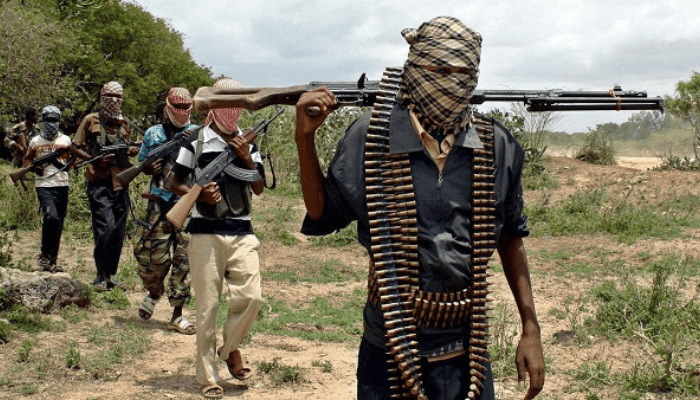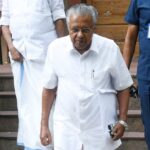The recent arrest of two suspected bandits in Kano State has once again drawn attention to Nigeria's deepening insecurity and governance challenges – issues that prompted the United States to designate the country as a “Country of Particular Concern” (CPC) over alleged religious persecution and human rights violations.
The Kano State Police Command on Friday confirmed the arrest of two suspects in connection with the attacks on Faruruwa, Kuraku and Tsaure communities in Shanono Local Government Area. The arrests followed weeks of unrest that left several people dead, livestock stolen and hundreds displaced.
Police Public Relations Officer Abdullahi Haruna Kiyawa said the suspects were apprehended through a coordinated operation by the Anti-Kidnapping Squad and officers from Shanono Division.
He described the suspects as associates of bandits attempting to infiltrate into Kano from neighboring Katsina State.
The incident highlights the widespread insecurity crisis plaguing northern Nigeria, where a mix of banditry, terrorism and inter-communal conflict is devastating rural economies and giving rise to humanitarian concerns.
Security analysts say these repeated attacks validate long-standing international concerns about the Nigerian government's ability to protect civilians and ensure religious and ethnic coexistence – the same concerns that in 2020 led the Trump administration to classify Nigeria as a CPC under the US International Religious Freedom Act.
That designation accused Nigerian authorities of “failing to tolerate or address systematic, ongoing and serious violations of religious freedom”, particularly against Christian communities in the North and Middle Belt.
Although the Nigerian government rejected this label as “inappropriate”, the rising wave of violence – often along ethno-religious lines – continues to impact governance and stability.
Yahaya Bagobiri, chairman of the Faruruwa Community and Environmental Protection Committee, said the latest attacks reflected the failure of authorities to protect vulnerable populations.
“We have been facing security challenges since 2022. Bandits come from Katsina State to attack Faruruwa and surrounding communities,” Bagobiri said. “They came on about 50 motorcycles, three on each, they attacked the area and forced many residents to relocate to Kano city. Many people have been killed, and about 1,600 cows have been stolen.”
He appealed to President Bola Tinubu and Kano State Governor, Abba Kabir Yusuf to deploy additional security forces, warning that continued neglect could lead to further displacement and economic collapse.
US CPC designation carries diplomatic and economic implications, including the possibility of sanctions or aid embargoes.
Analysts warn that persistent insecurity in northern Nigeria – where agriculture is the backbone of local livelihoods – could further weaken investor confidence, limit foreign aid and worsen poverty levels.
Also read: Trump says Christians in Nigeria face 'existential threat', adds country to watch list
Political observers also note that Northern politicians face immense pressure to demonstrate effective leadership and respect for human rights. With frequent attacks in states such as Kaduna, Katsina, Sokoto and now Kano, the region's political class risks damage to its global reputation if the violence continues unchecked.
Responding, Kano State Commissioner of Police, Ibrahim Adamu Bakori, said the command is committed to protecting lives and property.
“The Kano State Police Command remains steadfast in its determination to combat crime and maintain a safe environment for all,” Bakori said while urging residents to remain vigilant and cooperate with security agencies.
As communities like Faruruwa count their losses, the country's insecurity crisis is testing the government's credibility both at home and abroad – raising questions about whether Nigeria can recover from the governance and religious tensions that have captured global attention.











